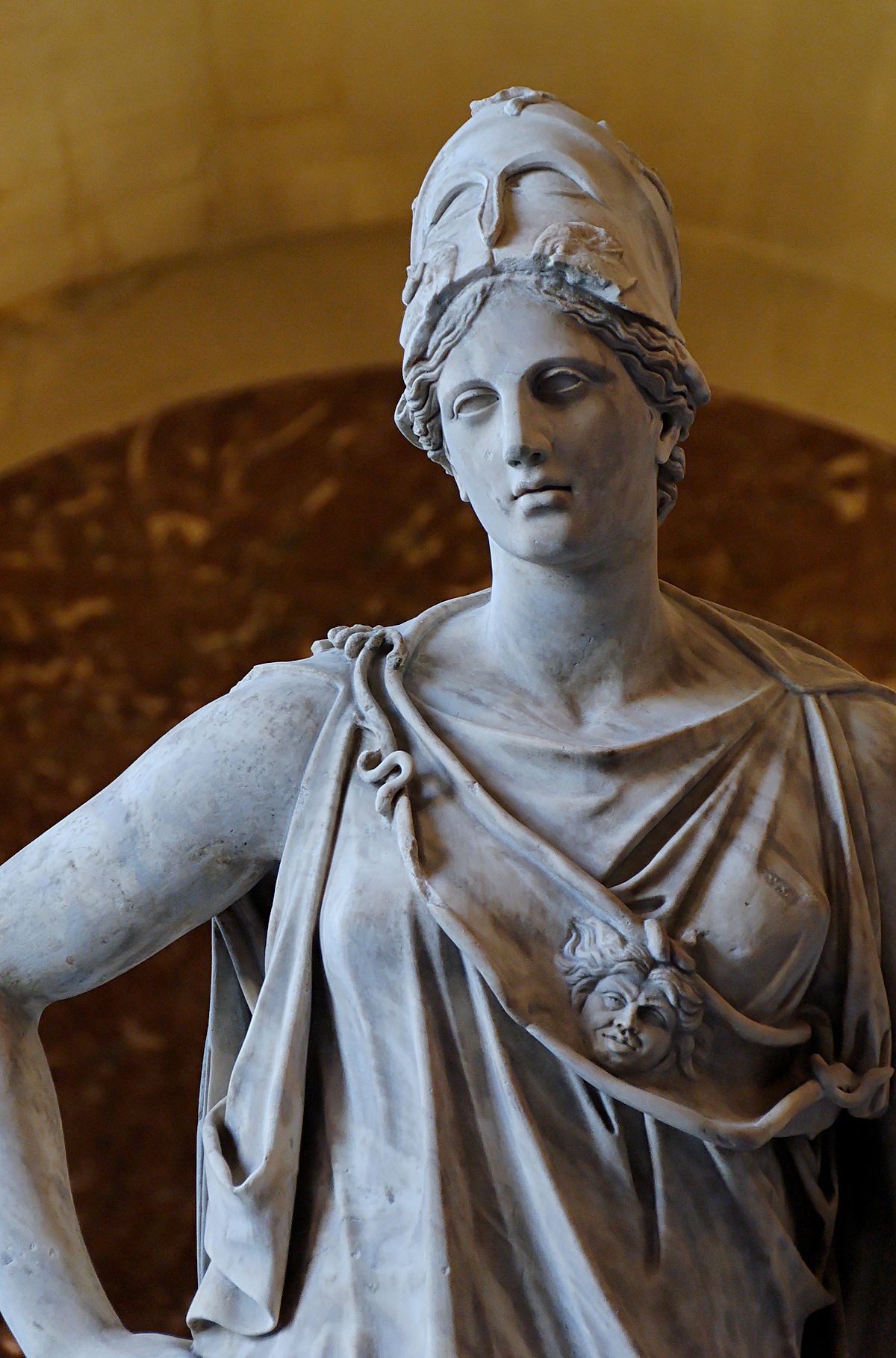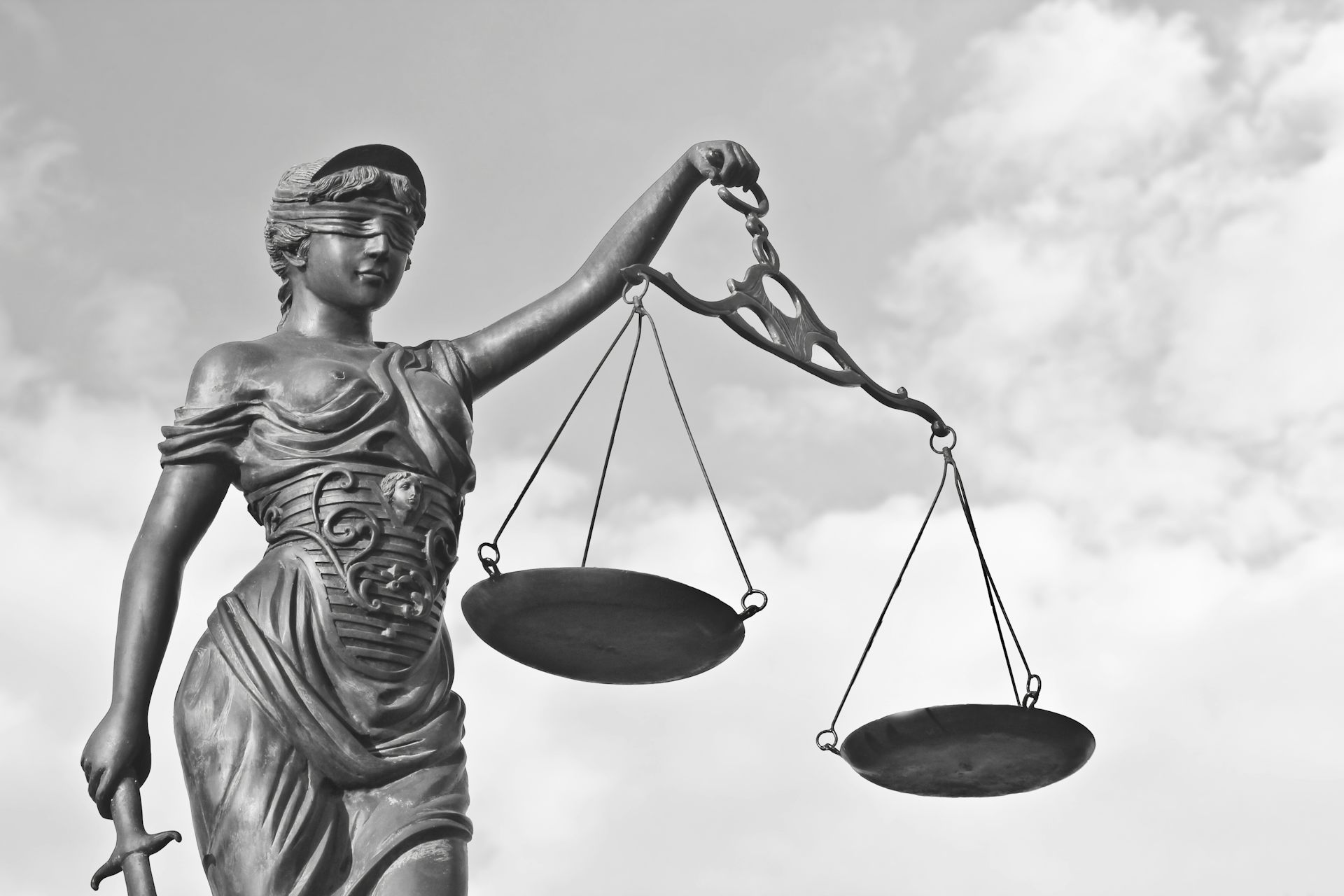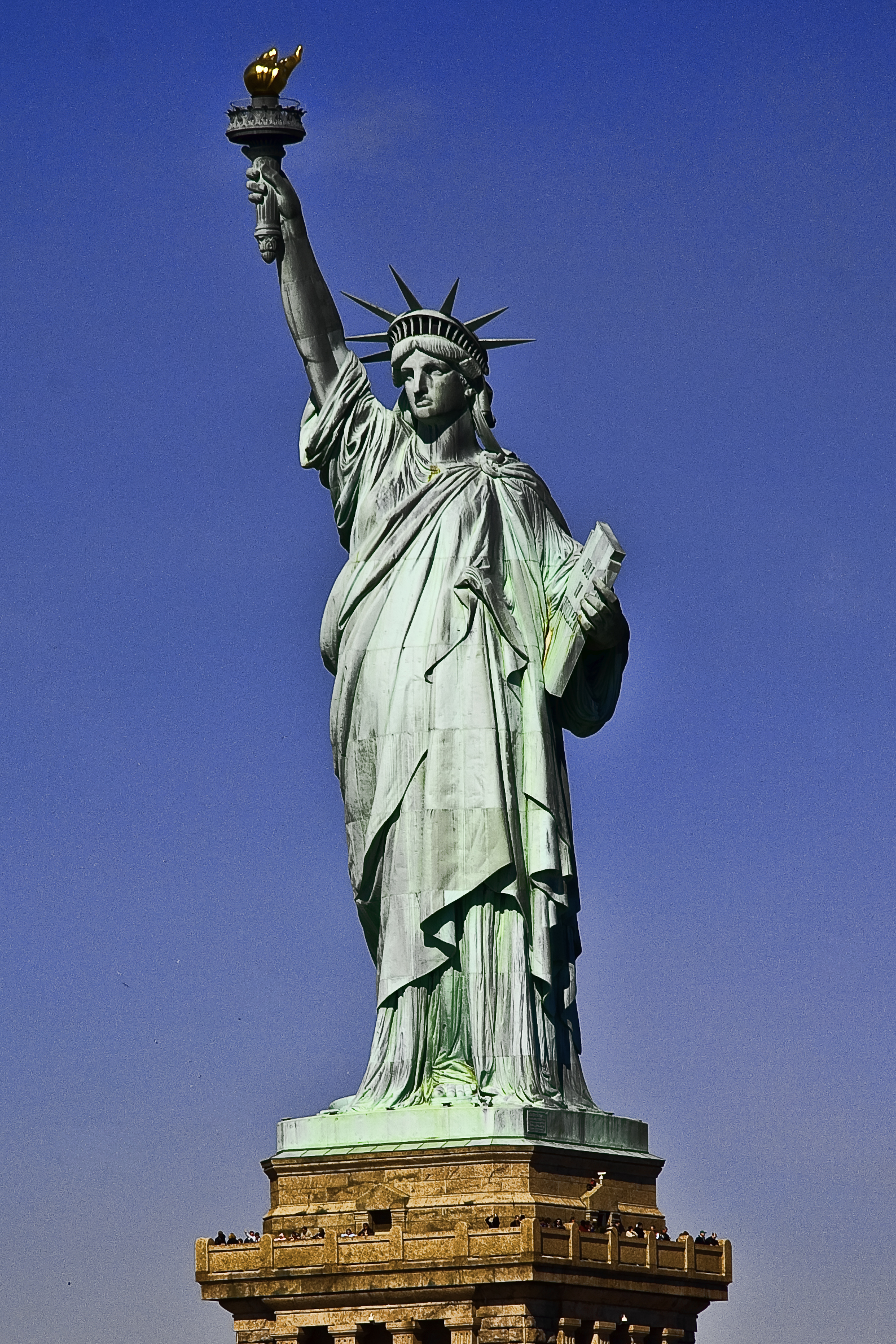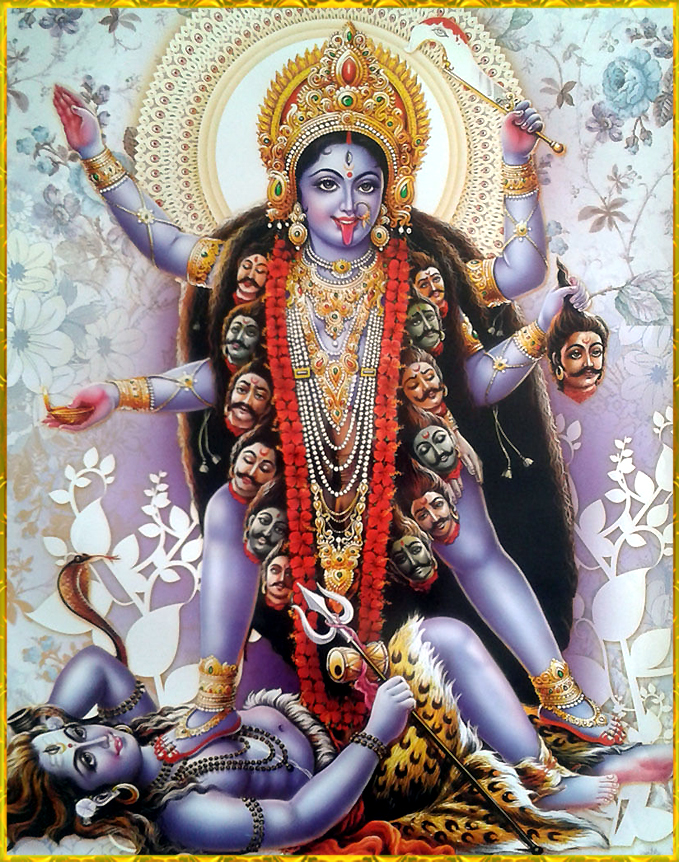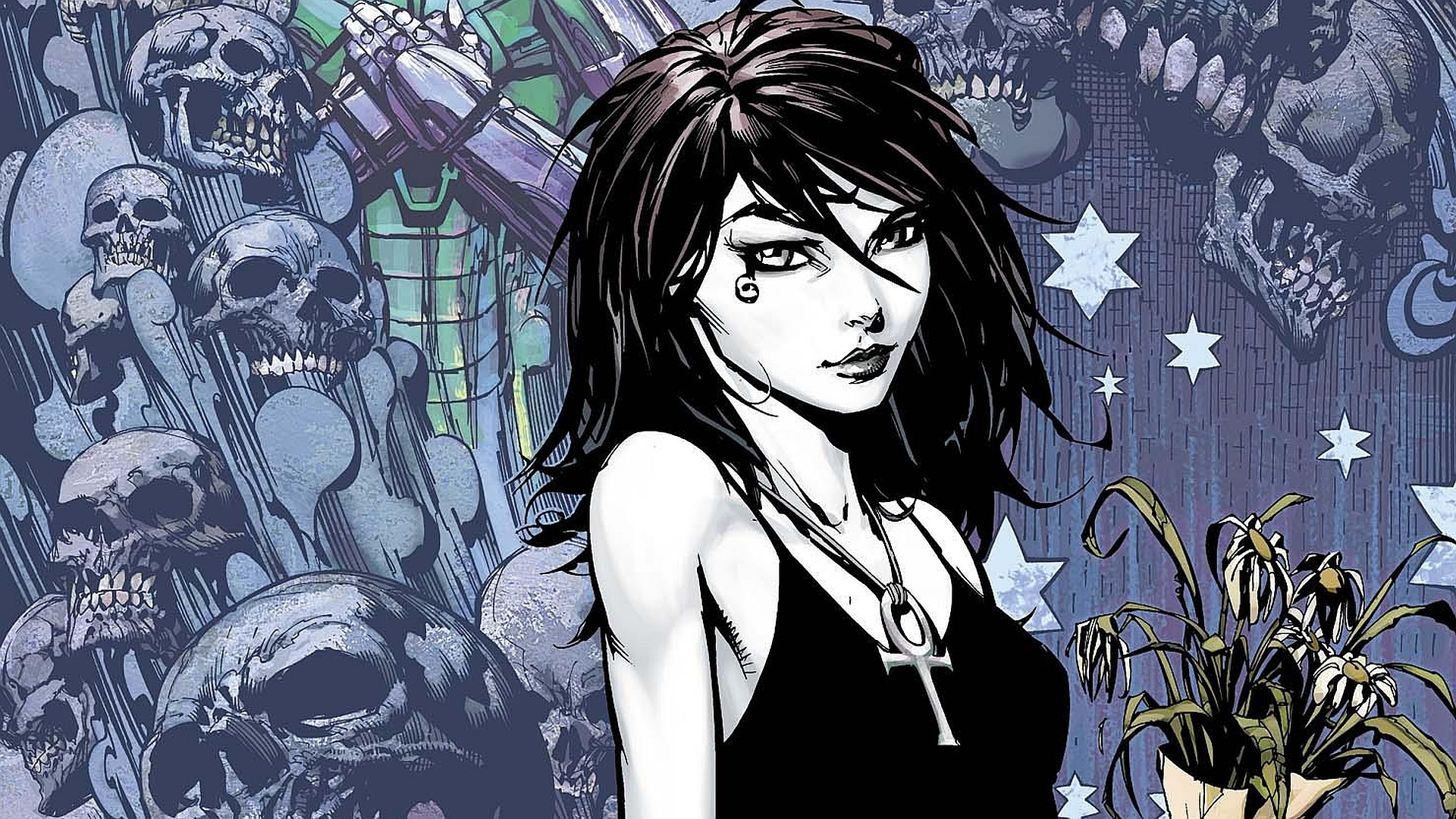epronovost
Well-Known Member
No...there was also the Goddess Mother, who was anything but virgin.
The Goddess Mother was the most worshiped...it was identified with Hera, Zeus' wife or Cybele, a goddess from Phrygia. Or Demeter...the goddess of cereals.
They were all sexually active ...
Except as mentionned before Hera is also a virgin Goddess since she recovers her virginity by bathing every year in a sacred pond. This is also the source of her power. Note that Hera is also the butt of the joke in Olympus, due to the constant ridicule brought upon her by Zeus's infidelities hence her terrible vengeful streak.
Note that mother goddesses are also all subordinate to a masculine deity. In the case of Hera and Demeter Zeus whome had Demeter as a prior consort and Hera as his wife. Demeter herself is basically the concept of female fertility given a more symbolic form and extanded to fertility in general in nature, thus closely associated to harvest, cereal and agriculture a dominion that she also partially shared with Apollo when it comes to cereals. Mother goddesses aren't rulling queens, they are you perfect stereotypical nurturing mothers often with a moody and overprotective streak. Though they are indeed a common exception to the idea of goddesses as an erotised ideal to pursue. They are more a representation of motherhood in all its vice and virtues.

